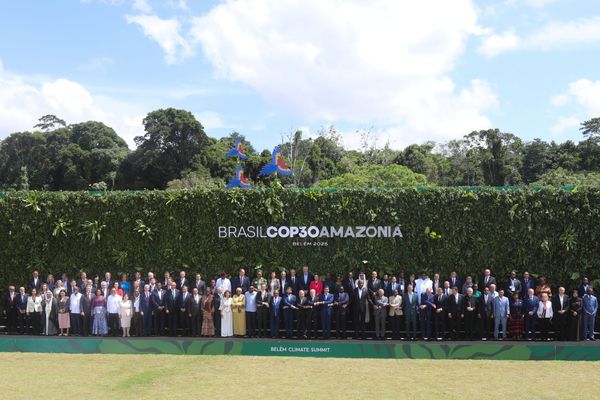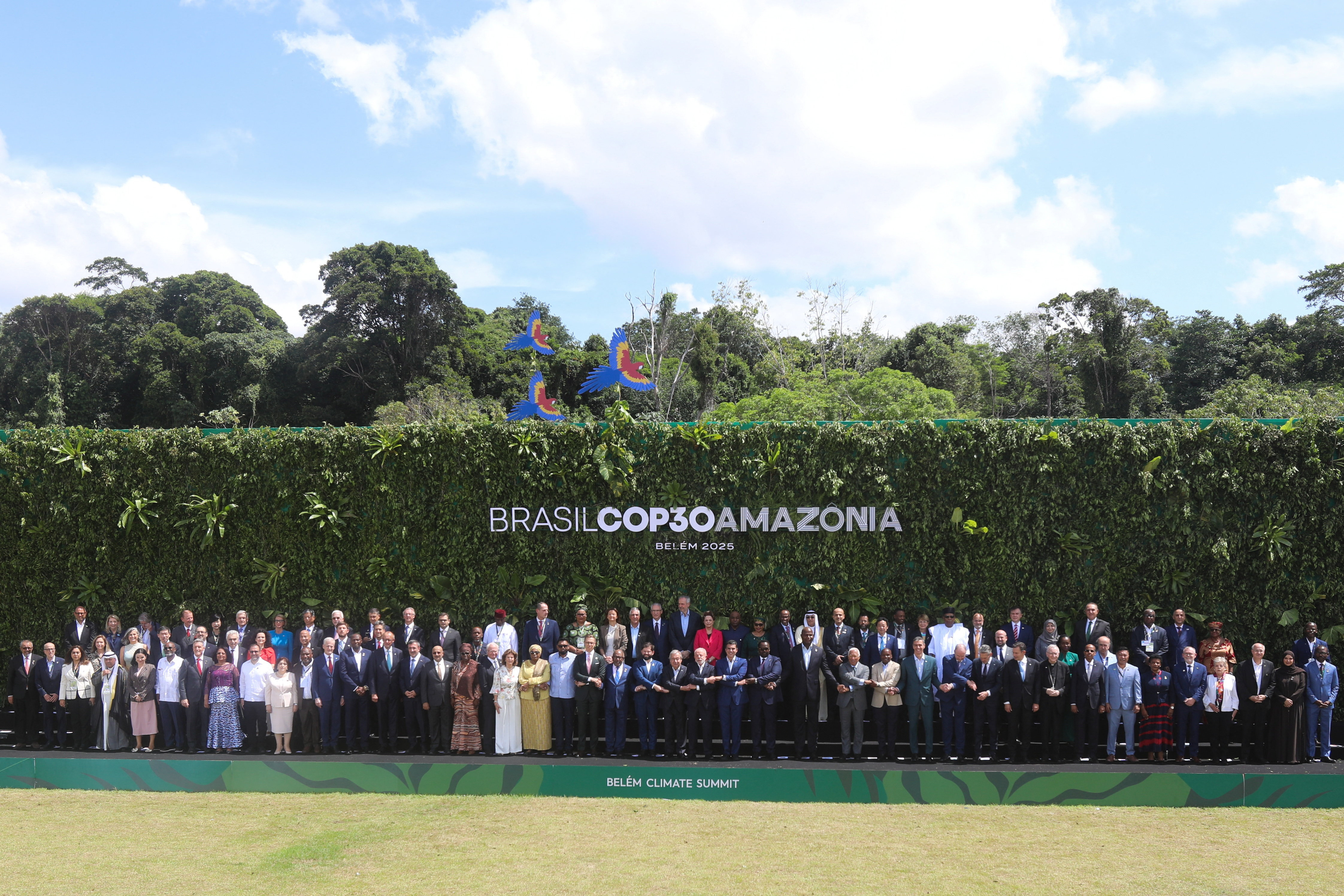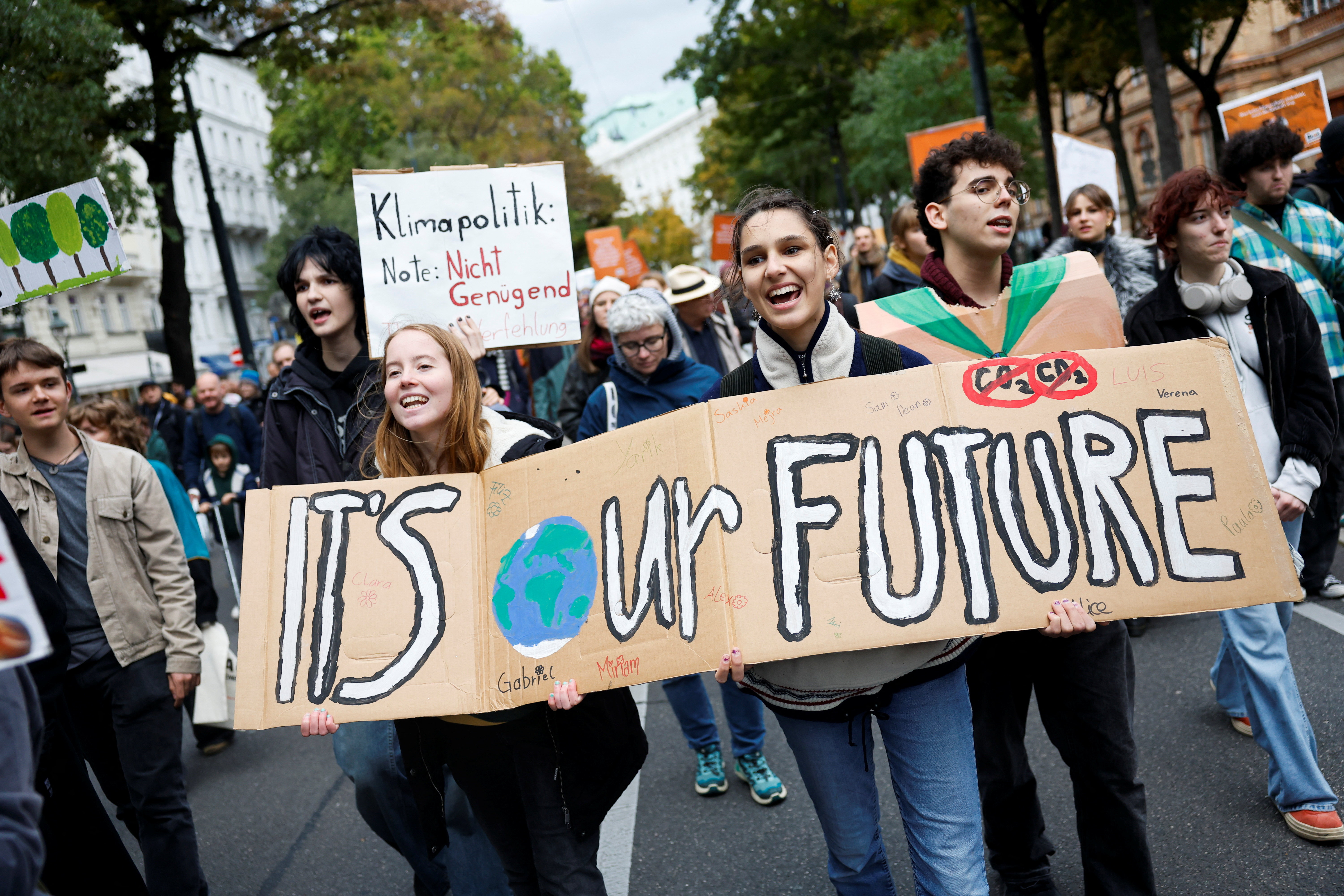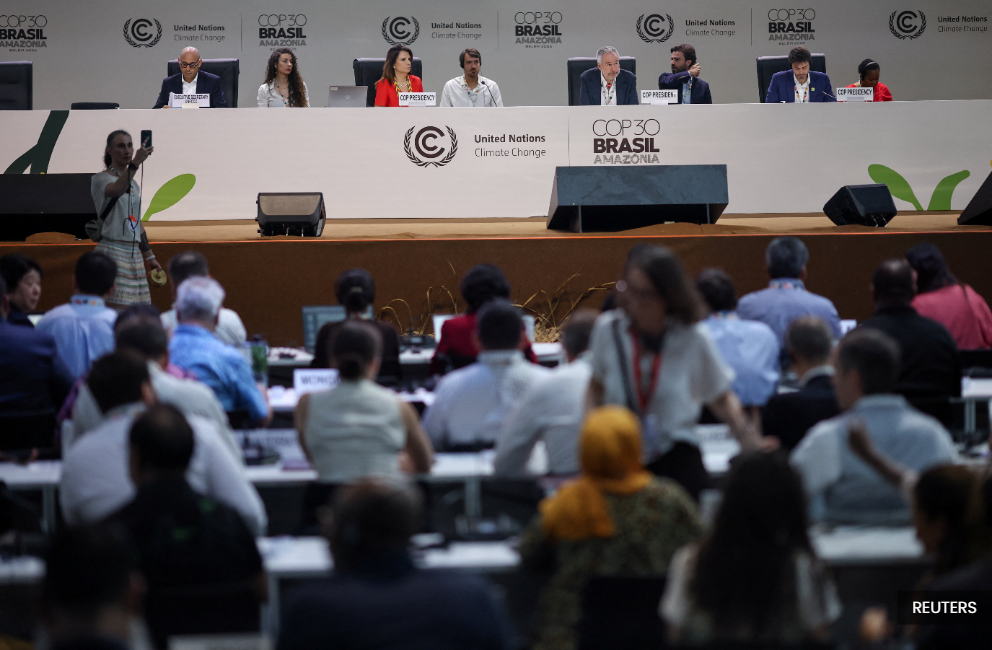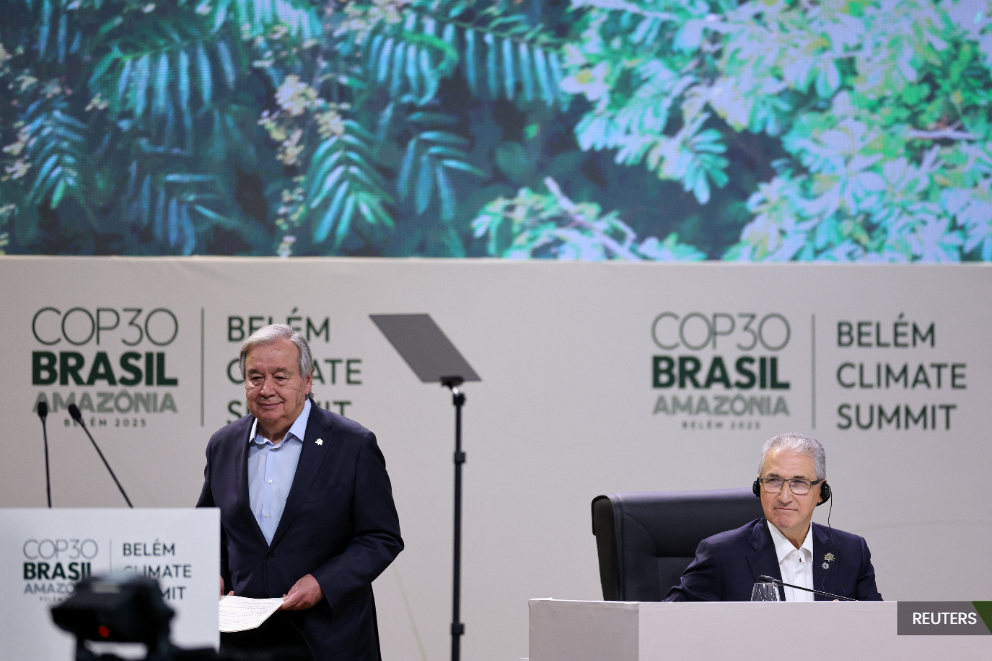BELEM, Nov 19 — Plans to launch a United Nations-backed global market for trading carbon offset credits have hit a snag at the COP30, where governments are struggling to resolve a dispute over funding to get the market up and running, five sources told Reuters.
Governments have been working to launch a UN-backed global carbon market for a decade, and finally agreed rules at COP29 on a centralised UN trading system where countries and companies can buy CO2 emissions credits representing emissions reductions in poorer countries.
The idea is to let richer nations and companies count these emissions cuts towards their climate goals, and at the same time channel funding into CO2-cutting projects in developing nations. The market was expected to launch properly, by issuing its first carbon credits, as early as this year.
Dispute over US$30m from old fund
However, governments at the COP30 conference in Belem, Brazil, are at odds over whether around US$30 million (RM124.5 million) of leftover money in a years-old and lightly used UN carbon credit scheme should be repurposed to get the new global carbon market up and running, said the five sources familiar with the talks.
Without this cash transfer, the body running the new carbon market won’t be fully funded — effectively, putting the whole market on ice, the sources said.
“It’s delaying the launch of the market,” one COP negotiator told Reuters.
“There’s a big budget problem,” the negotiator said. “The market can’t continue.”
Patchwork of voluntary standards
Advocates anticipate the UN-backed scheme will be a breakthrough in carbon credit markets — which are currently governed by a patchwork of voluntary standards, and have faced multiple scandals in recent years over carbon credits which failed to achieve the emissions reductions they had promised.
The UN market would set strict quality criteria, aiming to set a global standard for what good carbon credits look like, and command a premium price for these credits.
Some existing carbon credit certifiers have already revised their own methodologies to align with the UN scheme’s rules.
Once up and running, the market should also provide a stream of much-needed money to help poorer nations adapt to worse climate change — with 5 per cent of proceeds from carbon credit trades in the UN system siphoned into a UN adaptation fund. Once the market is up and running, the US$30 million used to keep the market afloat would also eventually be transferred to this climate adaptation fund.
Disagreement over when old scheme should close
Inside the COP30 talks, some countries are ready to close the old UN scheme in a matter of months and shift the leftover US$30 million to the new carbon market, the sources told Reuters.
Other governments prefer to keep the old scheme open longer — potentially, for two more years — to give them more time to transfer old credits out of that scheme, negotiators said.
Some want the money to go directly into the climate adaptation fund.
A draft negotiating text, published by COP30 president Brazil today, showed countries had not agreed whether to transfer the $30 million to the new carbon market — with an “XX” written in place of the amount of money, indicating it was still being negotiated.
Two of the diplomats said they believe the talks on the carbon market had become linked to trade-offs with other thorny issues governments are negotiating at COP30 — including trade policies and finance — and that if deals were done on these topics, the carbon market issue could be resolved.


